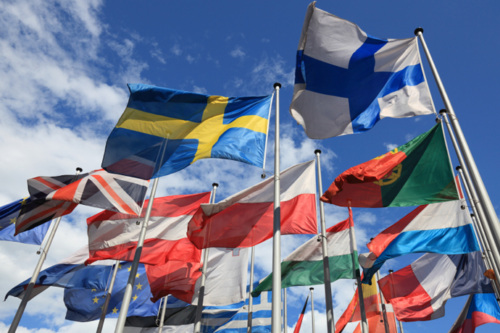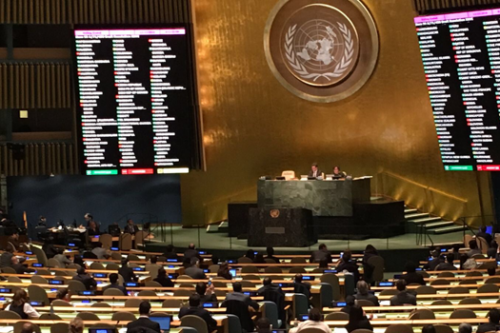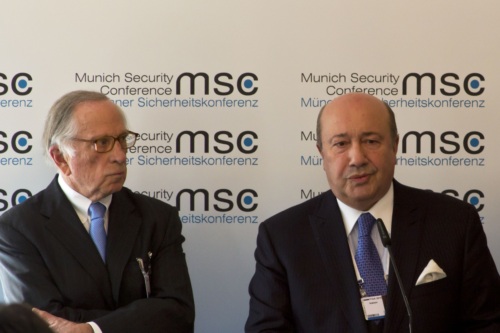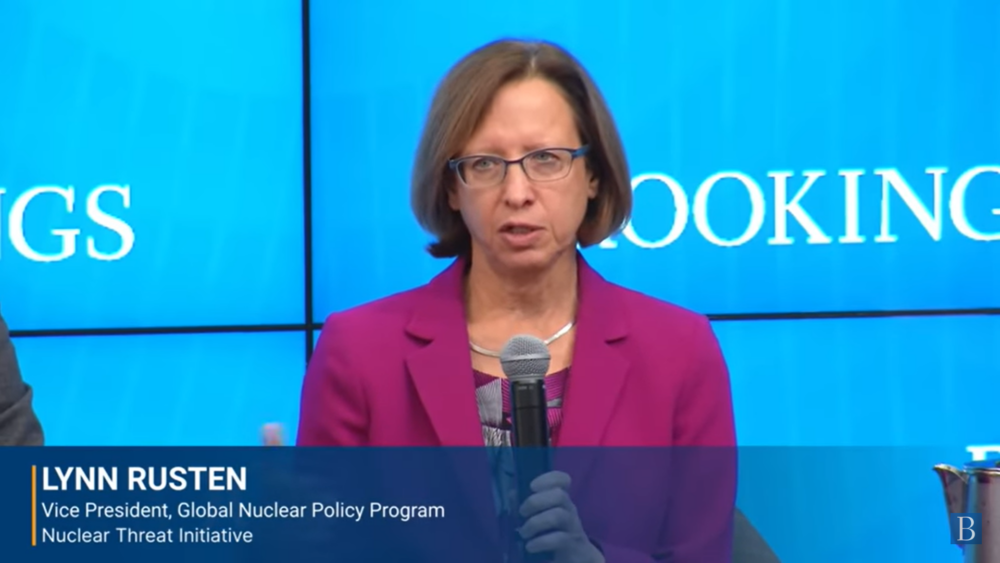
Euro-Atlantic Security Leadership Group (EASLG)
Testing ideas and developing proposals for improving security in areas of existential common interest
With increasing tensions among major nuclear powers, regional proliferation, and instability in various parts of the world, the risk that a nuclear weapon will be used – by accident, miscalculation or intention – is dangerously high and on the rise.
The Global Nuclear Policy Program (GNPP) focuses on reducing and ultimately eliminating that risk. The program works with governments, partner organizations, and leaders around the world to develop policies, leadership, and the global capacity—human and institutional—to reduce reliance on nuclear weapons, prevent their spread, and ultimately end them as a threat to the world. This includes:
Testing ideas and developing proposals for improving security in areas of existential common interest
Working toward a shared vision of a nuclear weapons-free world
Building political will for a safer world
The co-conveners and participants of the Euro-Atlantic Security Leadership Group call for the re-establishment of basic principles relating to security and nuclear order.
The Nuclear Threat Initiative will be on the ground next week at the 2024 Munich Security Conference (MSC). Learn about all of NTI’s activities and official side events at MSC.
The DoD’s new CWMD strategy, last updated in 2014, comes at a time when longstanding norms against nuclear use are being tested.
Joan Rohlfing discusses how nuclear risks are the highest they have ever been in the nuclear age and how our nuclear launch protocols are outdated.
NTI announces its third annual campaign to mark the anniversaries of the atomic bombings of Hiroshima and Nagasaki and create a shared moment where people come together to show their support for a world without nuclear weapons.






